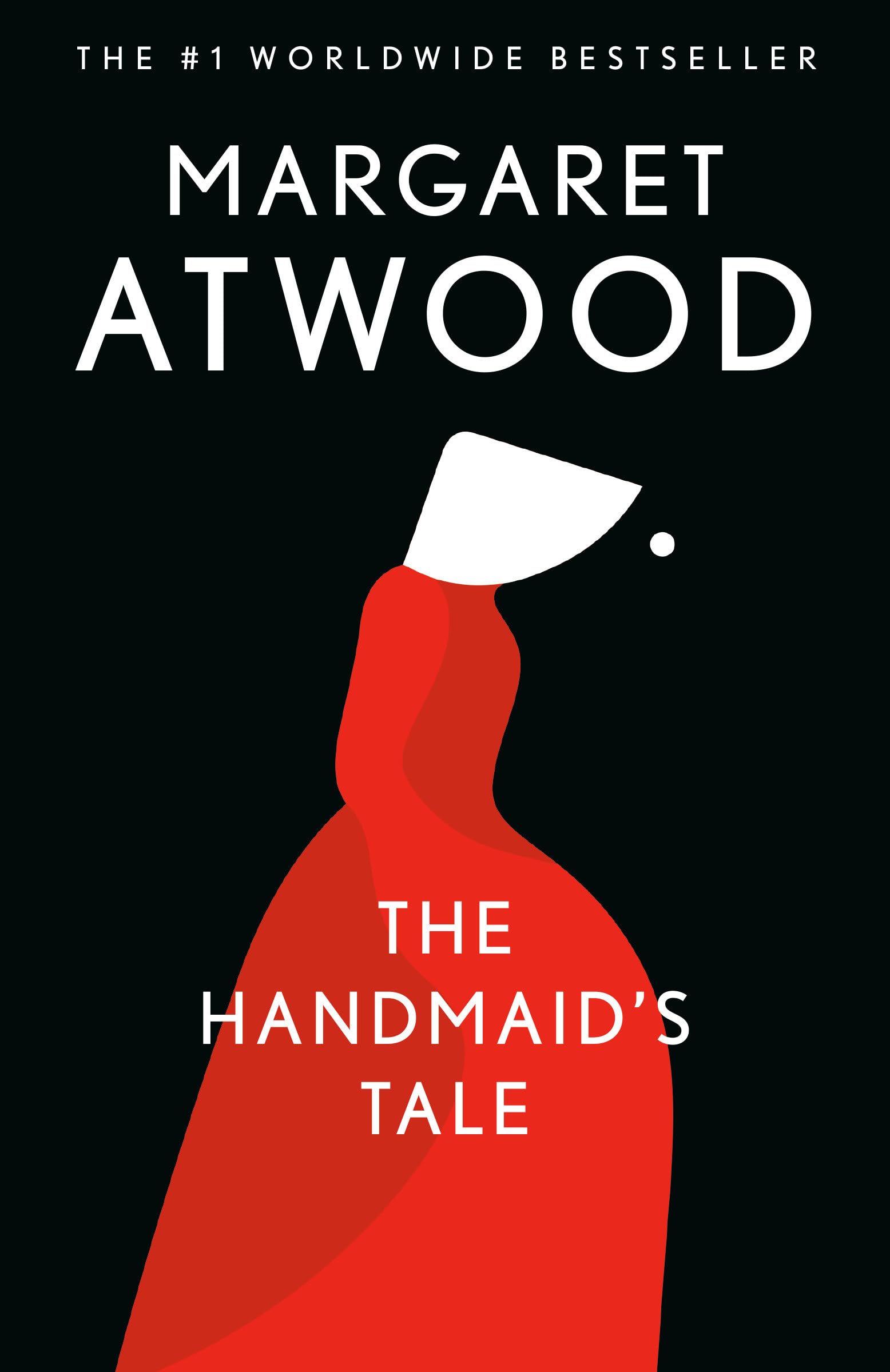Book Summary
Set in the Republic of Gilead, a totalitarian regime that has replaced the United States, The Handmaid’s Tale follows Offred, a Handmaid forced into reproductive servitude in a society where fertility is rare and women’s rights are obliterated. Stripped of her name, family, and autonomy, Offred navigates a world where reading is forbidden, dissent is punished by death, and her only value lies in her ability to bear children for the ruling class. Atwood’s prose is stark yet poetic, immersing readers in a chillingly plausible dystopia where extremism reshapes reality.
Published in 1985, the novel remains eerily relevant, blending speculative fiction with sharp social critique. Its nonlinear narrative—jumping between Offred’s past and present—creates a disorienting yet compelling rhythm, mirroring her fractured identity. The book’s power lies in its unsettling realism; as Atwood notes, every oppressive element in Gilead has historical precedent, making the story less a fantasy and more a warning .
Key Themes
Gender and Power: Atwood dissects institutionalized misogyny, showing how Gilead weaponizes religion to control women’s bodies and erase their agency. Handmaids like Offred are reduced to walking wombs, while Wives and Aunts enforce the system, revealing complicity across hierarchies. The novel questions how societal complacency enables oppression, asking, “Why didn’t anyone stop this?”—a refrain echoed by readers .
Resistance and Survival: Offred’s quiet rebellions—secret Scrabble games, fleeting alliances—highlight the fragility of resistance under tyranny. The theme of memory as defiance resonates deeply; her recollections of pre-Gilead life (love, independence) become acts of psychological survival. Atwood underscores that even in darkness, small acts of humanity persist .
What Makes It Unique
Speculative Fiction with Roots in Reality: Unlike purely fantastical dystopias, Gilead’s horrors—book burnings, forced childbirth, state-sanctioned rape—are drawn from real historical events. Atwood’s research into Puritanism, 20th-century dictatorships, and reproductive policing lends the narrative terrifying credibility .
Unflinching Narrative Voice: Offred’s first-person perspective immerses readers in her claustrophobic world. Her fragmented storytelling—switching between trauma, dark humor, and lyrical musings—reflects the instability of her reality. The lack of a traditional “heroic” arc makes her survival feel achingly real .
Reader Reactions
Critics praise the novel’s prescience, with many noting its resonance in today’s political climate. One reviewer writes, “It’s not a thriller, but it scares me more than any horror novel—because it could happen” . Others highlight its emotional impact: “Atwood makes you feel Offred’s despair and stubborn hope in equal measure” .
Some readers critique the ambiguous ending or disjointed timeline, though others argue this mirrors Offred’s psychological state. The 2017 Hulu adaptation has reignited interest, with fans debating whether the show’s expanded worldbuilding enhances or dilutes Atwood’s vision .
About the Author
Margaret Atwood (b. 1939) is a Canadian literary icon whose works span poetry, fiction, and activism. A lifelong student of dystopian history, she penned The Handmaid’s Tale after researching totalitarian regimes and feminist battles over reproductive rights. Her ability to weave scholarly rigor with visceral storytelling has earned her accolades, including the Booker Prize for The Blind Assassin .
Atwood’s personal experiences—growing up amid postwar societal shifts, her academic focus on mythology and power structures—inform Gilead’s layered critique. She’s noted that the novel isn’t anti-religion but a warning against fundamentalism in any form .
Memorable Quotes
“Nolite te bastardes carborundorum.” (Don’t let the bastards grind you down.)
“Better never means better for everyone. It always means worse, for some.”
